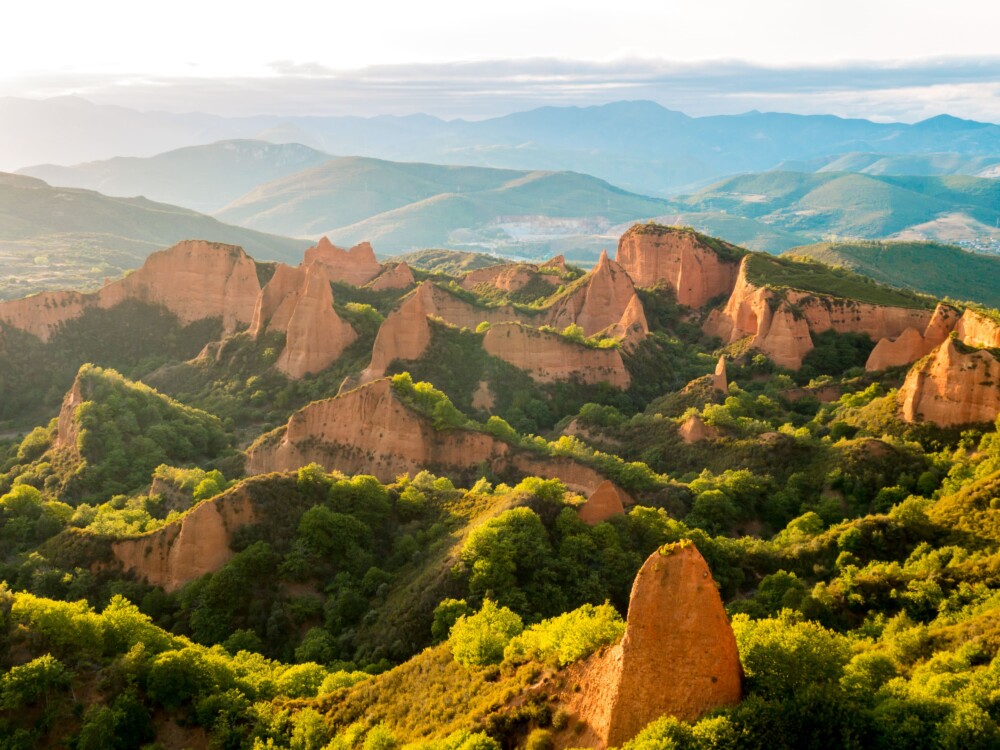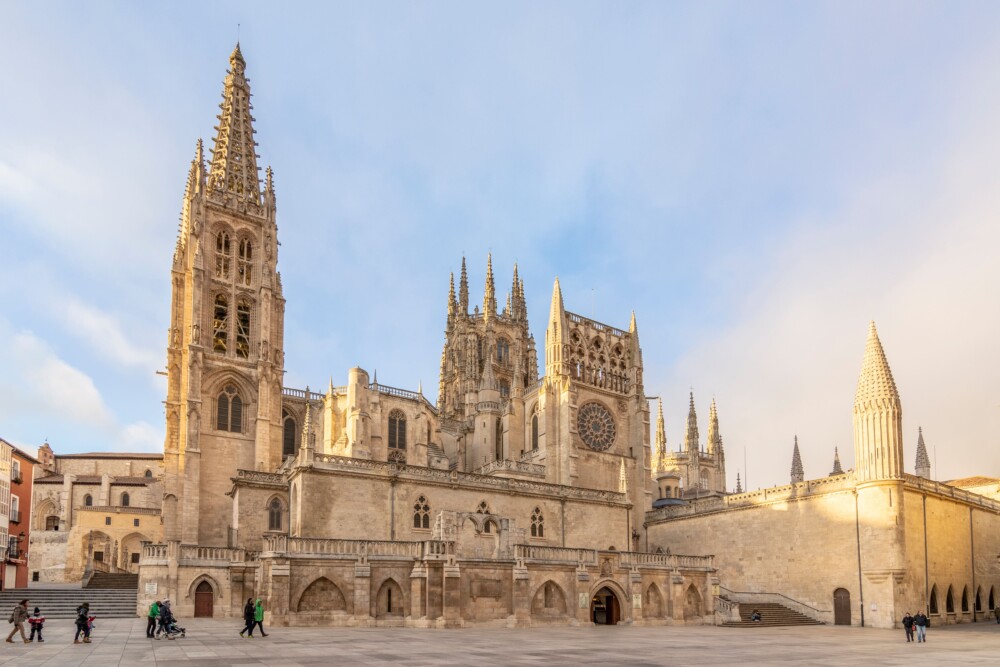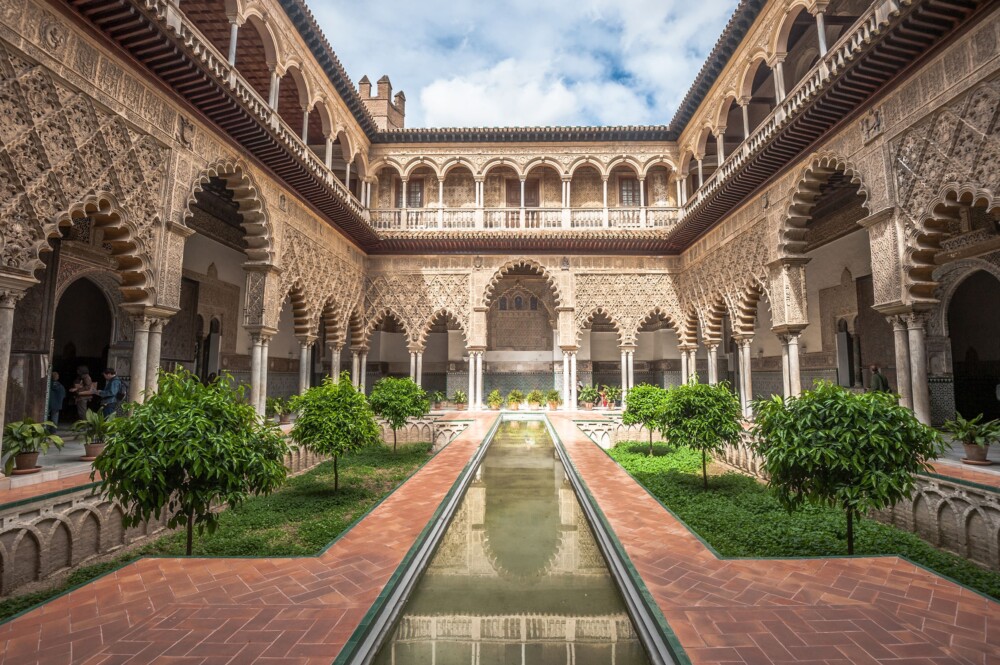Experience historic towns and cities
Many routes and itineraries will lead you to discover what Spain offers. Here are the best if you’re interested in culture and history, as they reveal the legacies of the many civilizations that have made their home here. They give access to the traditions of the areas they cover, bringing to life the words of the poet Machado: “Wanderer, there is no path. The path is made by walking”.
The Cave Art Route
Welcome to the world’s first art gallery! Here you can see the art of the earliest Europeans. Altamira and the Paleolithic cave paintings of the Cantabrian coast together form a UNESCO World Heritage Site, but there are many more caves, shelters, and megalithic constructions throughout Spain where you can see art created by humankind’s distant ancestors.
The Vía de la Plata (Silver Route)
This was the main road of the Roman Empire in Spain. It connected the north and south of Roman Hispania and today leads to fascinating destinations, including Seville, Cáceres, Salamanca, León, Gijón, and Mérida. This last city holds one of the world’s best-conserved Roman archaeological complexes, now a UNESCO World Heritage Site. Many other places along this route have been designated World Heritage sites by UNESCO, such as Las Médulas in León, the Old City of Salamanca, and the Old Town of Caceres.

The Way of El Cid
This literary and historic route follows the footsteps of the legendary Cid Campeador, the hero of the famous 12th-century Castilian poem “Cantar de Mío Cid”. The route passes through the regions of Castilla y León, Castilla-La Mancha, Aragon, and Valencia, where you can visit UNESCO World Heritage sites such as Burgos Cathedral, the Mudéjar architecture of Aragon, and the Palm Grove of Elche, as well as many natural spaces.

The Route of Charles V
You can retrace the last journey of the Holy Roman Emperor Charles V on this route through the regions of Cantabria, Castilla y León, and Extremadura. The itinerary begins in Laredo (Cantabria), where the Emperor arrived in 1556 at the start of his journey to the Monastery of Yuste (in Cuacos de Yuste, Extremadura). Here he would spend his last days, retired from public life.

Pathways of Passion
Tradition, art, and popular culture mark this route through inland Andalusia in southern Spain. Follow the path to discover ten villages in the provinces of Jaén, Cordoba, and Seville. You can participate in Easter rituals involving whole towns, discover ancestral crafts, and enjoy the flavors of traditional local dishes.